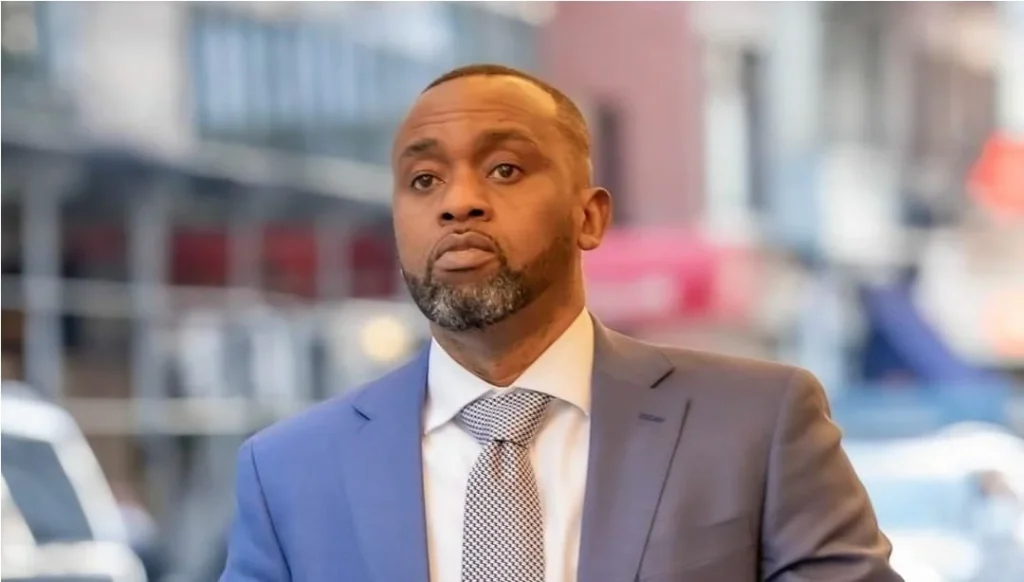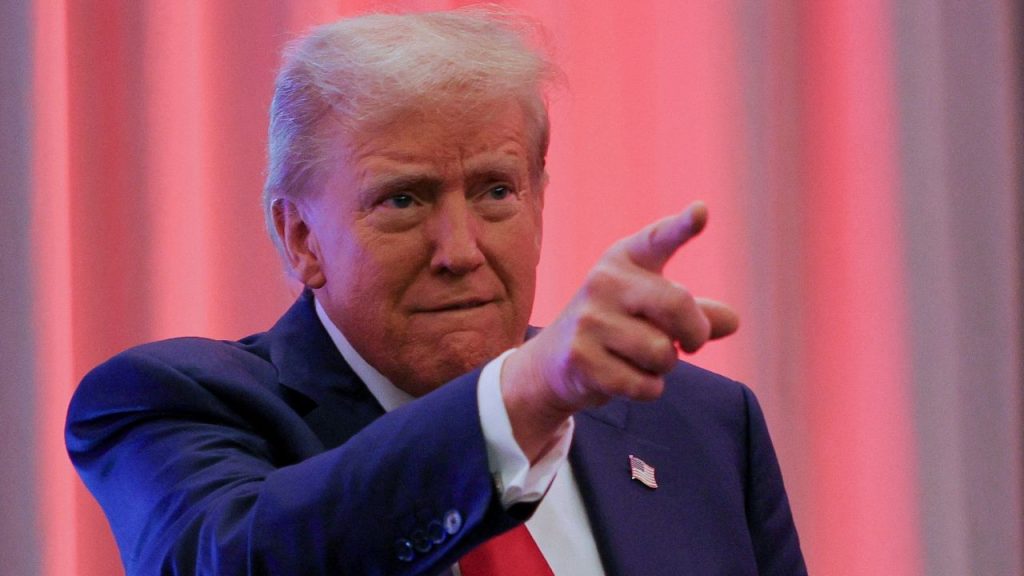Investigative journalist and founder of the Foundation for Investigative Journalism (FIJ), Fisayo Soyombo, has alleged that the Nigerian Army compromised his safety by disclosing details of his undercover investigation to suspected oil thieves. Speaking on Arise TV on Saturday, Soyombo revealed his harrowing experience following his arrest during an investigation into illegal oil bunkering activities in Rivers State.
Soyombo, who was detained by the 6 Division of the Nigerian Army, stated that information he shared with army personnel during his interrogation was subsequently relayed to the suspected oil thieves he was investigating. He described this as a significant breach of his safety and professional trust.
Army Allegedly Shared Confidential Information
“How can you grill me at the 6 Division and everything I told you, the illegal bunkerers were telling me? Every single thing,” Soyombo said during the interview. He added that the Army’s grievance appeared to stem from his decision to exclude them from the investigation, citing a general lack of trust in public institutions.
Undercover Investigation Compromised
Soyombo disclosed that his investigation focused on uncovering the security networks facilitating illegal oil bunkering. He expressed concern that by linking him to oil bunkering in an official statement, the Army had exposed him to potential retaliation from those implicated in the illegal activities.
“I will be honest, it is the first time I have genuinely felt my security compromised,” Soyombo stated. “The Army deliberately—through the Acting Spokesman—linked me to oil bunkerers to justify their arrest. Now they have told illegal bunkerers, ‘This guy was on your trail.’”
Past Investigations and Distrust in Institutions
Soyombo cited a prior undercover investigation into an orphanage involved in baby trafficking to explain his cautious approach toward Nigerian institutions. “I bought a newborn baby for N2 million and handed the baby over to NAPTIP (National Agency for the Prohibition of Trafficking in Persons). Despite regular follow-ups and support, NAPTIP eventually shut their doors on me,” he said, highlighting his diminished trust in public agencies.
Detention and Media Advocacy
Soyombo credited media coverage and pre-emptive measures for his eventual release, claiming that without such advocacy, he might have remained detained indefinitely. “If not for the plans I had made before embarking on the story, my organisation (FIJ) would not have known my location. That technology enabled my release. Otherwise, I could still be in detention—even for two months,” he explained.
Concerns Over Press Freedom and Safety
Soyombo’s account underscores broader concerns about press freedom and the safety of investigative journalists in Nigeria. He emphasized the risks journalists face while pursuing stories that expose corruption and criminal activities.
The Nigerian Army has not responded to Soyombo’s latest claims. However, the incident has sparked widespread debate about the protection of journalists and the transparency of public institutions in Nigeria.













